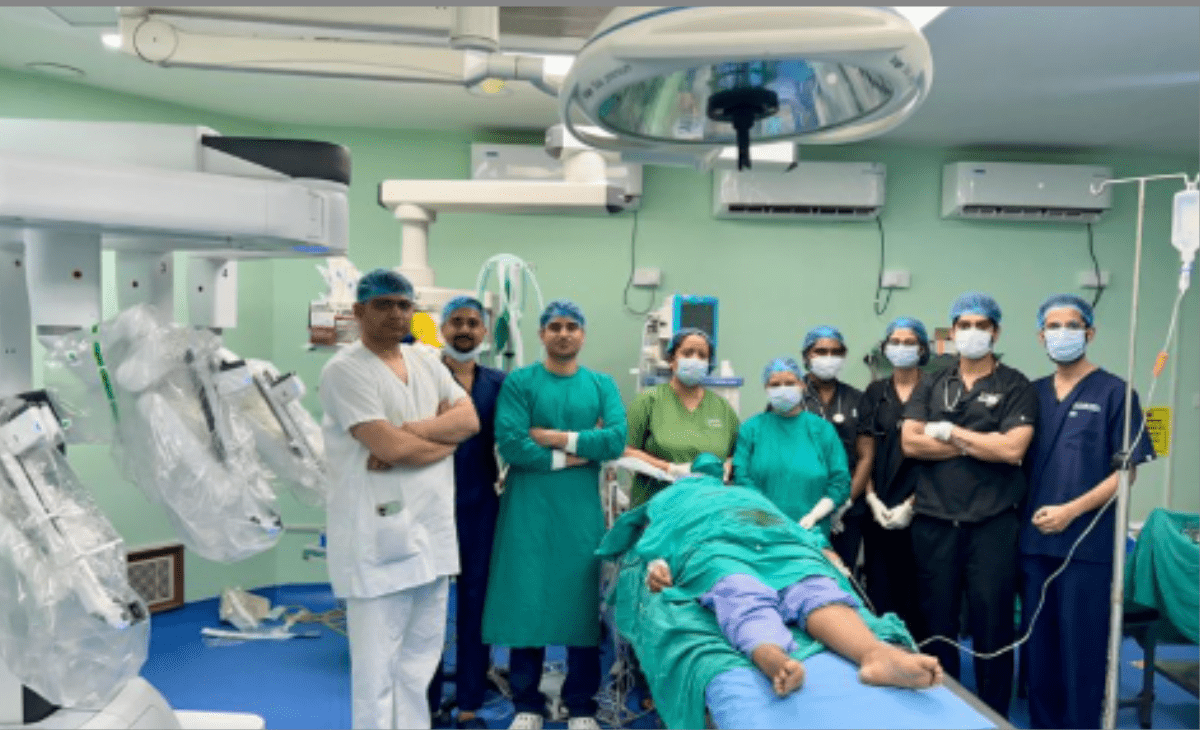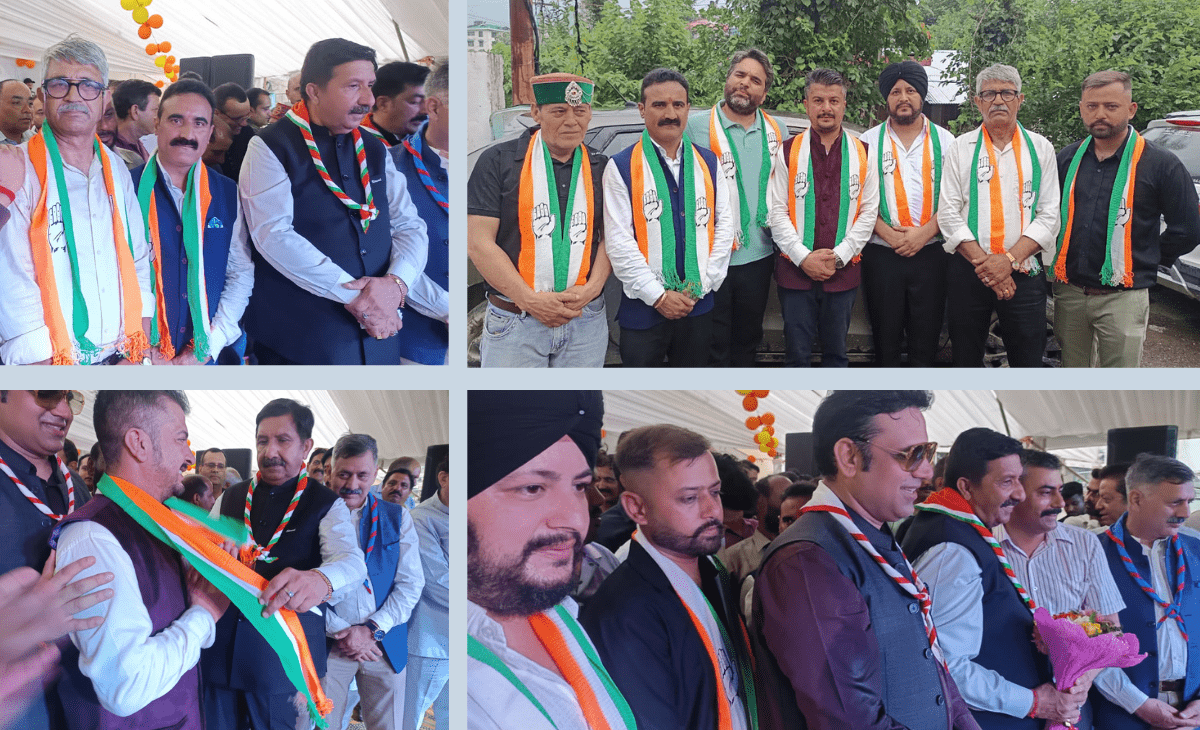Milestone in advanced care brings relief to patients in state
TNR News Network
TANDA: In a major stride for the state’s healthcare system, Dr Rajendra Prasad Government Medical College (RPGMC), Tanda, has performed Himachal Pradesh’s first robotic surgery for rectal cancer, marking a breakthrough in precision-based cancer treatment.
The achievement not only elevates Tanda’s position in advanced surgical care but also brings new hope for patients who earlier had limited access to such specialised procedures within the state.
The minimally invasive surgery was carried out on a 51-year-old woman from Nurpur who had been suffering from rectal cancer for several months. The complex procedure was led by Dr Ankit Shukla (gastro surgeon) and Dr Mahender Rana (minimal access, laparoscopic & robotic surgeon) along with their team. The patient is recovering well post-operation and is expected to regain full health soon.
Dr Rana said robotic interventions are increasingly preferred in cancer cases due to their enhanced precision and safety. “Robotic-assisted procedures offer sharper visualisation, reduced bleeding and more effective lymph node clearance, which are crucial for cancer outcomes,” he noted.
Robotics expands Tanda’s surgical capabilities
The medical college has already completed over 30 surgeries using robotic technology, including operations related to the pancreas, hernia and complex gynaecological conditions. The latest achievement further strengthens Tanda’s capabilities in high-end surgical care.
College Principal Dr Milap Sharma and Deputy Chief Whip & MLA Kewal Singh Pathania congratulated the team, calling the feat a proud moment for Himachal Pradesh’s medical community.
Understanding rectal cancer
Rectal cancer develops when cells in the rectum — the last part of the large intestine — begin to grow uncontrollably and form a tumour.
The typical symptoms include persistent changes in bowel habits, blood in stool, abdominal discomfort, unintentional weight loss and fatigue.
The diagnosis involves colonoscopy, MRI, CT scans and biopsy, while treatment may include a combination of surgery, chemotherapy, radiation and targeted therapies.
With this successful robotic procedure, the Tanda medical college has taken a significant step towards offering world-class cancer treatment closer to home.





